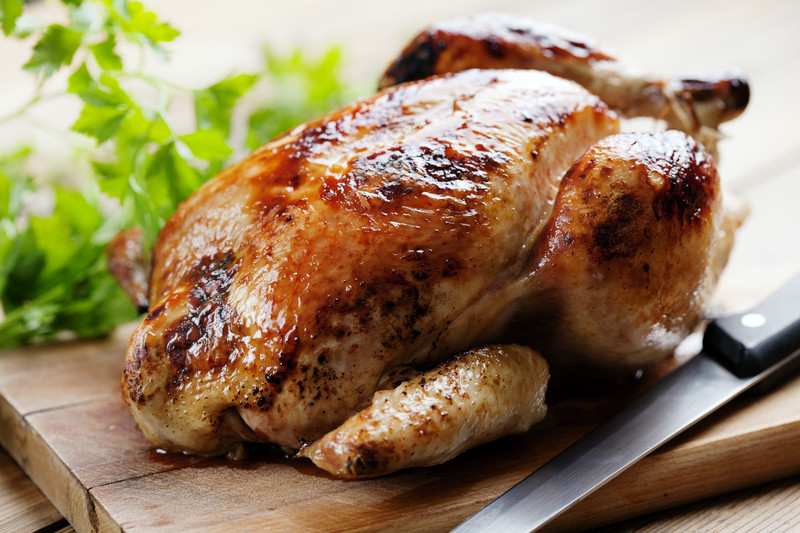Harnessing Nature: The 3 Key Benefits of Regenerative Grazing
posted on
May 11, 2024

At Pure Pasture Farms, our commitment to sustainable agriculture drives everything we do. One of our core practices, regenerative grazing, not only nurtures the land but also supports a healthier ecosystem, economy, and community. Here’s how regenerative grazing is making a difference:
1. Environmental Impact
The land under our care is more than just a resource—it's a vital part of the global ecosystem. Traditional grazing methods often lead to overgrazed pastures, which suffer from reduced organic matter. This depletion results in soil that can’t hold as much carbon, worsening its quality and contributing to environmental degradation. Moreover, poor soil requires more commercial fertilizers, which can leach into and contaminate our waterways.
At Pure Pasture Farms, we implement regenerative grazing practices that promote soil health and increase its carbon sequestration capabilities. By rotating our grazing areas and managing livestock densities, we avoid the pitfalls of overgrazing and nourish the soil naturally. The results are clear: healthier soils that support richer biodiversity and cleaner water in our surrounding environment.
2. Economic Impact
Regenerative grazing isn’t just good for the planet—it’s also economically sensible. By increasing the organic content of our soils, we enhance their water retention and fertility, which boosts plant growth and pasture productivity. This means we can produce more biomass per acre without the crutch of synthetic fertilizers, reducing our costs and increasing our self-sufficiency.
This increase in pasture productivity translates directly to better food. Healthier plants feed our livestock, and healthier livestock provide higher-quality meat and dairy products. This is a direct benefit to you, the consumer, offering you more nutritious and tastier food without the hidden costs of industrial farming practices.
3. Social and Welfare Impact
Regenerative grazing has profound effects on animal welfare and our community. Our cattle and sheep graze in open pastures their entire lives, living as nature intended—free to roam and forage diverse diets. This natural lifestyle is not only ethical but also promotes the health and well-being of the animals.
Furthermore, our approach to farming provides more than just good food. It creates opportunities for young people in agriculture, offering careers that are both meaningful and sustainable. We're proud to contribute to a vibrant local economy, contrasting sharply with the industrial agribusiness model that often strips rural areas of their livelihoods and ecological health.
Conclusion
By choosing regenerative practices, Pure Pasture Farms does more than just produce food. We are actively participating in a movement that heals the land, supports local economies, and provides ethical, sustainable food choices. As you enjoy products from our farm, you're not just feeding your family—you're also supporting a vision that extends far beyond our pastures.
We invite you to learn more and join us in this regenerative journey. Together, we can nurture our planet—one bite, one pasture at a time.





